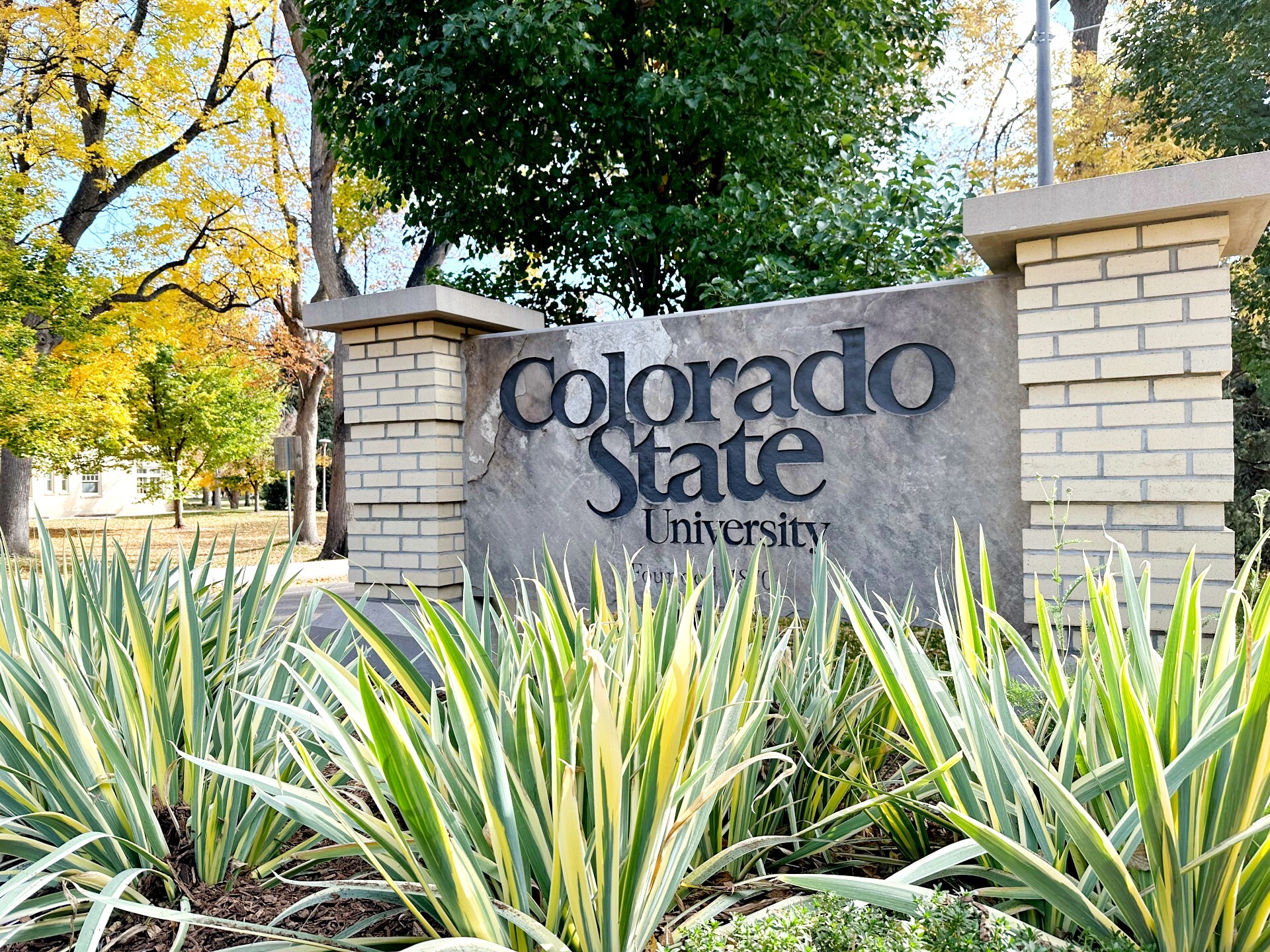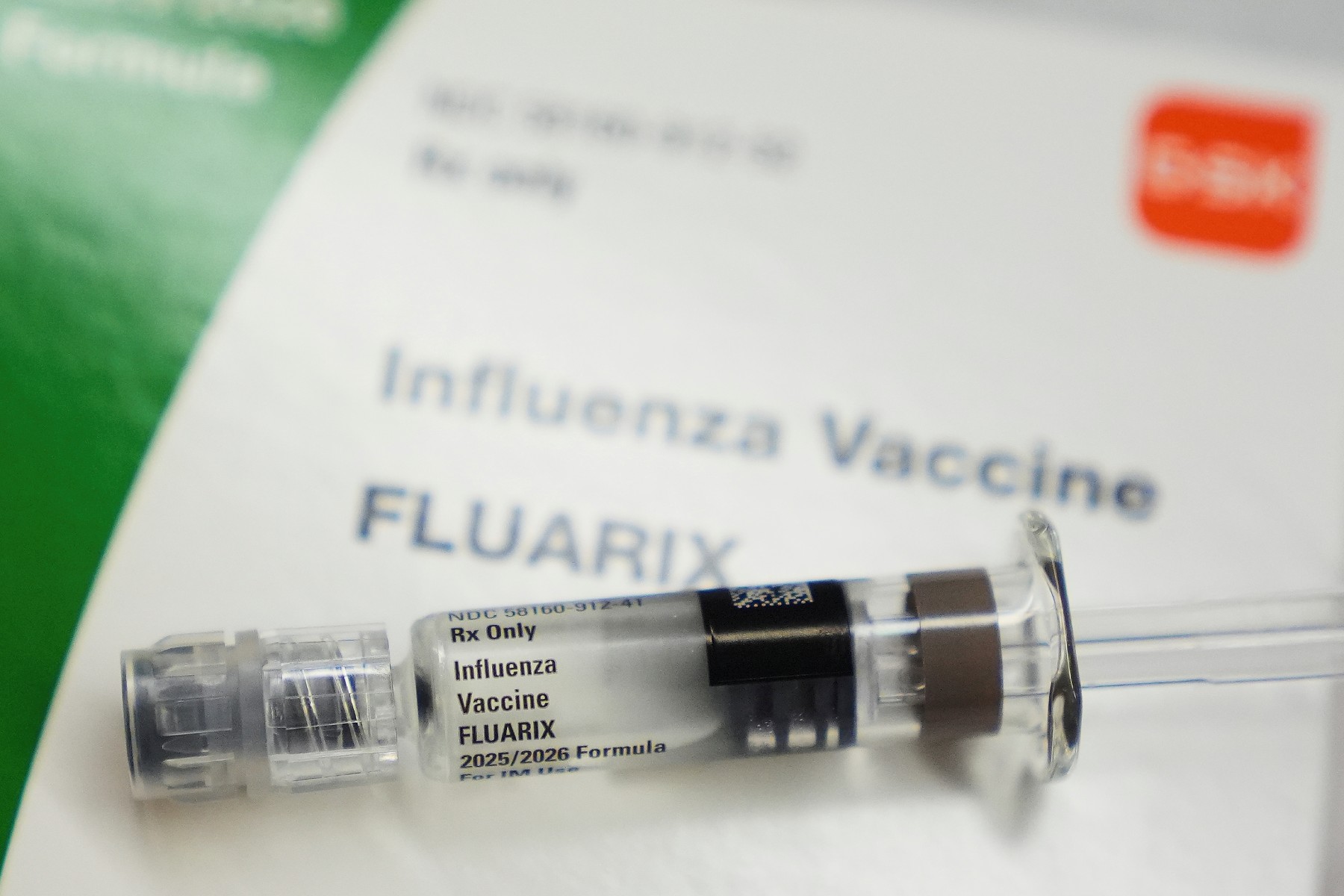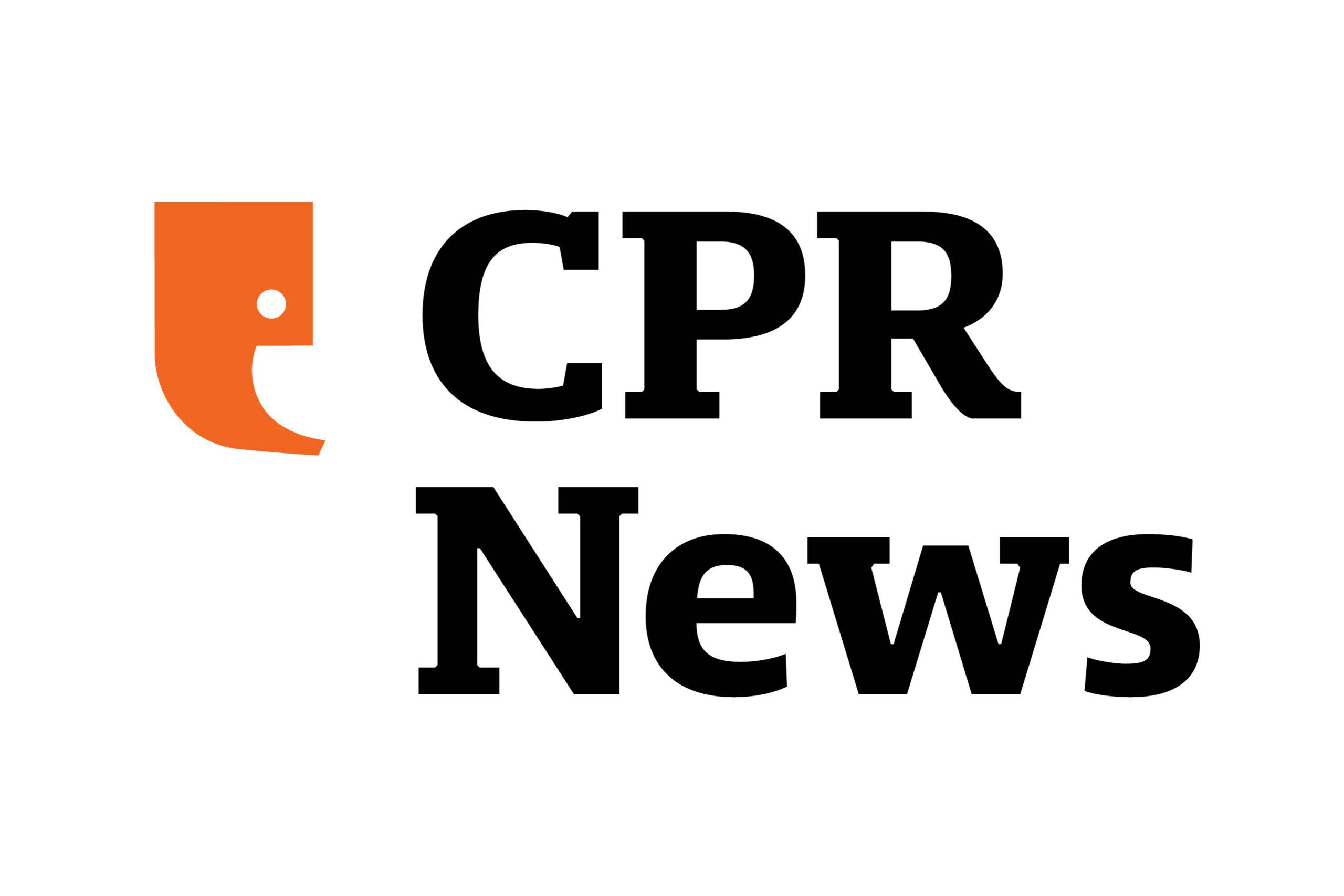
Updated on Monday, April 14, 2025, at 4:23 p.m.
If the Republican-controlled Congress goes ahead with deep cuts to Medicaid, health care advocates say the impact will be severe.
Colorado could lose as many as 12,000 jobs, $1.3 billion in state economic productivity and $82 million in state and local tax dollars in 2026, according to a letter Gov. Jared Polis and Lt. Gov. Dianne Primavera sent Monday to the members of the state’s Congressional delegation.
“Rural and working-class parts of the state would be hit the hardest,” the pair said in the letter. It noted they back common-sense reforms, “but not at the expense of the health care that kids, seniors, and families rely on. Medicaid recipients are not just numbers on a spreadsheet or data for AI to comb through; they are our neighbors, seniors, children, hardworking parents, and individuals with disabilities who want to thrive in Colorado.”
Potential cuts would cost the health coverage of at least one in seven Coloradans in each Congressional district, more than a hundred thousand people in each, according to the letter.
It listed the total average number of people and percentage of the population in each district enrolled in the state’s Medicaid program, Health First Colorado.
Democrats and Republicans each represent four districts.
A pair of districts, won by Republicans in 2024, have the most people covered by Medicaid: the 3rd district in western and southern Colorado and the 8th district along the Front Range in the northern part of the state.
South-central Colorado, including the San Luis Valley, in Colorado’s 3rd district, represented by Republican Jeff Hurd, would be especially hard hit, as CPR recently reported.
Here’s how many people are enrolled in Colorado’s Medicaid program by congressional district, according to the letter:
“As Colorado’s representatives in Congress, we urge you to oppose Congressionally-proposed cuts to Medicaid funding that would throw hundreds of thousands of Coloradans off their health insurance and increase costs transferred due to uncompensated care for the rest,” Gov. Polis and Lt. Gov. Primavera wrote in the letter. “Children, hardworking individuals, people with disabilities, seniors, and safety net providers are not political pawns or talking points. These cuts would mean losing access to lifesaving care with devastating consequences.”
The letter stated that “drastic cuts” to Medicaid would have a cascading impact on the state and country’s whole health care system including front-line health care workers at local clinics, rural hospitals, and safety net providers.
It warned cuts would strip health coverage from hundreds of thousands of Coloradans, prevent people from seeing their doctors, push thousands of uninsured Coloradans into medical bankruptcy, increase uncompensated care to providers, close rural hospitals, and drive up premiums and costs for all Americans.
The letter also defended health care provider fees. The fees fund key programs for 425,000 Coloradans. That includes Affordable Care Act (ACA) Medicaid expansion for lower-income adults, funding for kids and pregnant women in the Children’s Health Insurance Program (CHIP), and Medicaid buy-in coverage for children and working adults with disabilities.
“Cutting provider fees would essentially have the same net effect as cutting Medicaid directly,” the letter said. “Without this funding source, we would likely be unable to continue coverage for these populations at their current levels.”
Reaction from Colorado’s delegation, others
The letter was sent to the entire delegation, but it was essentially directed at the state’s Republican members; Democrats have been speaking out for weeks against potential Medicaid cuts.
“Once again, Polis is misrepresenting the facts. I don't support cuts that harm Colorado providers or patients – I support removing waste and fraud. On Polis’ watch, millions in Medicaid dollars have gone to deceased individuals and illegal immigrants,” said Rep. Gabe Evans, in a statement. “If the governor is truly concerned about impacts to Coloradans, he should focus on fixing the broken system in his own administration instead of pointing fingers.”
Rep. Hurd signaled a different approach, calling for a preservation of what he called “vital services.”
“Medicaid plays a critical role in providing health care to at-risk groups, including children, seniors, individuals with disabilities, and low-income families,” Hurd said in a statement. “To ensure the long-term sustainability of its original intent, we must focus on eliminating inefficiencies, protecting its integrity, and preserving access to vital services for those who depend on it in Colorado’s 3rd Congressional District.”
“Governor Polis claims, ‘If we identify fraud, we work to address it,’ but what about the fraud that in Colorado if you are an illegal immigrant, you are eligible for Medicaid for 90 days?” said Rep. Jeff Crank in a statement. “What about how the Colorado Medicaid program made more than 220,000 payments to health care providers on behalf of dead people, which overcharged the federal government more than $6 million? That is a broken care system that you and the Colorado legislature should be fixing so that only those truly in need get the care they deserve.”
Protect Our Care Colorado, a coalition of 50 health care groups and consumer advocates, also sent a letter Monday urging Colorado’s federal lawmakers to “oppose any cuts to Medicaid.”
“In the past week, all Republican members of Colorado’s delegation have supported the proposed Republican budget blueprint that will decimate Medicaid while all Democratic members voted against it,” the group wrote in a press release.
It noted more than 1.1 million Coloradans, almost 1 in 5, depend on Medicaid for their health care. In 60 of 64 counties, more than 30 percent of children are covered through Medicaid/CHP+, and in 14 counties, the total is more than 40 percent. Many older Coloradans rely on Medicaid for nursing or in-home care, with 61 percent of Coloradans in nursing homes covered by Medicaid.
“Medicaid is crucial for the economic stability and growth of Colorado. Cuts will ripple out to have massive economic consequences statewide,” the group wrote in its letter. “But the impacts will be particularly devastating for rural and small communities, where health care facilities and clinics are key employers and economic supports.”
Community health centers said cuts could impact their ability to operate.
They too sent a letter to Colorado’s representatives in Congress asking they reject changes to Medicaid that would decrease enrollment.
“Proposed changes in any form work requirements, block grants, reducing provider fees, or reducing federal match on the expansion population — would have quick and lasting impacts on a Community Health Center clinic site’s ability to stay open,” wrote the Colorado Community Health Network and 21 community health centers. “On average, 50 percent of Colorado CHC patients are enrolled in Medicaid, making it a critical funding source for community health centers.”
The national group Protect Our Care said it was launching new ads targeting Republican members of the House Committee on Energy and Commerce over potential Medicaid cuts.
Included in the list is 8th district Rep. Gabe Evans.
This is a developing story.
Funding for public media is at stake. Stand up and support what you value today.







